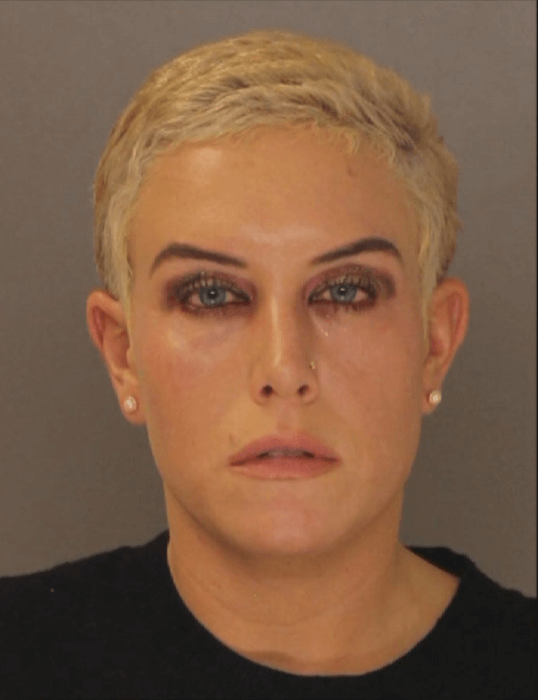Disgraced former attorney general Kathleen Kanefaces a stint in jail, though she is appealing her recent conviction on perjury charges. But the so-called “good ole boys” network at the Attorney General’s office that she claimed persecuted her after she discovered their pornographic and racist emails may not face any punishment at all, acting Attorney General Bruce Beemer has decided. Beemer on Tuesday released a report ordered by Kaneon all pornographic and racist emails swapped by employees of the AG’s office dating back to 2008. No senders or recipients of the emails, which included “judges or senior govenment officials,” will be publicly identified, he said. The report includes only descriptions of the emails. Most emails described in the report were common pornography, while others were mocking or cruel, such as an email sent by one prosecutor to 12 people from the website “People of Walmart,” which features photos with snarky captions. Other emails were explicitly racist and mocked other ethnicities, including African Americans, Indians, and Mexicans.
One email, sent by a retired employee of the AG’s office to67 recipients, including a judge, took aim at the first lady. It included a picture of an African woman wearing tribal garb and stated, “It’s the next thing taxpayers will have to pay for! MICHELLE OBAMA’S HIGH SCHOOL REUNION!” Beemer said he does not feel the emails requireany immediate disciplinary action, although he said some high-volume senders’ actions will be reported privately to their current employers.
“Much of the material identified as inappropriate by the firm [special prosecutor Douglas Gansler’s law firm] was not inappropriate at all,” a news release from the AG’s office stated. “Many of those identified were not lawyers or law enforcement officers, meaning they fell outside the primary charge of the email review, which was to determine whether there were conflicts or collusion that disrupted the administration of justice.” Philadelphia City Councilwoman Cindy Bass disagreed with Beemer’s assessment.
“I’m very disappointed that it’s not taken seriously,” she said. “These are people who are supposed to bring justice, and I just cannot see how they can do that if they find this particular type of material entertaining.” She added that no one would know about the emails if it weren’t for Kane.
“You can say what ever you want to say about Kathleen Kane, but I seriously doubt if she had not viewed these materials and been made aware of them, then this would never have been brought to light,” Bass said. Kane appointed Ganslerin December to search the emails. Gansler was to look for any “viewing or transmission of sexually explicit, racially or otherwise discriminatory or illegal materials by any current or former members of the Office of Attorney General, any member of the Judiciary of the Commonwealth of Pennsylvania and other public officials,” according to Kane’s letter of appointment. Gansler, who found about 12,000 inappropriate emails on servers at the AG’s office, declined Tuesday to comment on the report. “We’ve been instructed by the Office of the Attorney General not to comment,” he said. Out of those 12,000, about 4,700 were linked to 38 high-volume senders of inappropriate emails and 13 senders identified as “judges or senior government officials,” according to Beemer’s office. Weeks after Gansler was appointed, Beemer, then Kane’s first deputy attorney general, attemptedto get the emails returned, threatening to refuse to sign paperwork to pay Gansler unless he returned the hard drive. Kane previously released400 pages of offensive emailsthat she found swapped on state servers. Those emails prompted the resignation of two Supreme Court justices, Seamus McCaffery and Michael Eakin. Philly prosecutor Frank Fina resigned after repeated calls for D.A. Seth Williams to fire him over obscene emails he exchanged while at the Attorney General’s office. Beemer indicated Tuesday that no email senders would be identified, and emphasized that there is no evidence of the emails impacting legal proceedings.
“Releasing the names of people identified in this review would unfairly damage their reputations and leave the Office of Attorney General and BuckleySandler vulnerable to potential lawsuits,” Beemer said in a news release. “This review leaves no doubt — there was nothing found in these emails to suggest there were inappropriate ex parte communications between members of the judiciary and OAG employees about cases or matters affecting the administration of justice.”
Official Porngate report: nothing to see here

Provided































